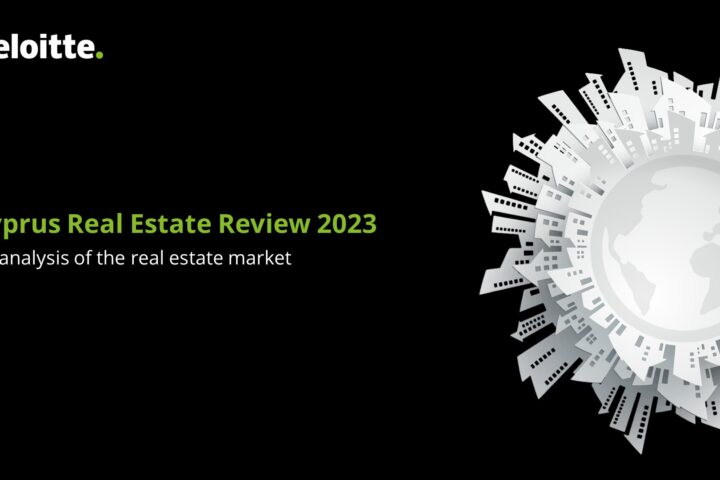We have been empowering fintech firms with the regulatory technology (RegTech) tools required to drive efficiency and navigate an ever-changing regulatory landscape for several years.
As a dedicated RegTech company, we are well equipped to understand the critical challenges retail Forex Brokers face when monitoring, preparing, and submitting the required regulatory reports.
When Point Nine was founded, we truly believed that Cyprus could develop into a hub for fintech companies.
We continue to embrace this way of thinking by providing trade/transaction reporting services to regulated firms to offer their services securely, transparently and through the proper regulatory channels.
That’s why we welcome the fact Cyprus is on the verge of fulfilling its potential as more FX Brokers relocate to the island.
To this end, one of our main priorities is to help these firms address the increasingly dense reporting challenges, such as:
- Understanding reporting requirements: Regulated firms are subject to at least one regulatory regime. Reporting requirements, on most occasions, can be difficult or even impossible to understand.
- Consolidating data: Retail FX Brokers use several systems (trading platforms, CRM bridge, etc.) to meet their clients’ needs. As a result, gathering all the data required for reporting into one place can be extremely difficult.
- Data quality: The way most FX Brokers store their data creates inconsistencies, inaccuracies, gaps and duplications.
- Managing reporting errors: Once FX Brokers submit their reports, the systems of competent authorities generate feedback that identifies reporting errors. Knowing how to resolve those errors is an ongoing battle for most Brokers.
- Unique Trade Identifier (under EMIR): Matching Unique Transaction Identifiers with their legal counterparties is the most difficult obligation under the EMIR Regulation.
- Regulatory updates/amendments: Reporting requirements and specifications are subject to constant changes, which can come from different sources: The European Securities and Markets Authority (ESMA), Trade Repositories, approved reporting mechanisms or competent national authorities.
- Instrument eligibility (under MiFIR): What is considered a financial instrument under the scope of the MiFIR framework might suddenly change. Keeping tabs on these constant changes can be taxing for most Brokers.
- File format: Competent authorities use different systems that require reporting data to be submitted in different file formats. An xml file, for example, can be a complex format to construct for Brokers.
- Audit trade: Finally, assuming that the above steps have been properly completed, Brokers need to keep a record of what has been submitted and accepted by the competent authorities.
At Point Nine, we have identified and developed a thorough understanding of these issues, allowing us to develop tools that simplify their complexity and ultimately eliminate them.
We will have the chance to unpack these tools at the upcoming iFX EXPO International to Forex Brokers, company executives and anyone interested in regulatory reporting.
Our goal has always been to become a trusted partner to financial technology firms, taking over their compliance and reporting challenges, whether that is keeping up-to-date with the latest regulatory requirements, simplifying procedures for submitting reports or providing them with the tools to improve their services, which in turn allows them to concentrate on their core offering.
Besides empowering fintech firms with these tools, RegTech companies can be instrumental in developing global tech hubs in countries like Cyprus.
By Christina Barbash, Business Development Manager of Point Nine, with extensive experience and knowledge in Forex trading










